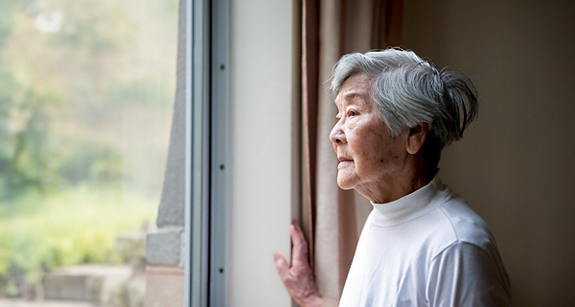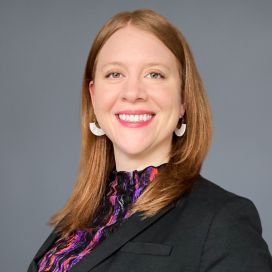Elder Abuse Survivor Equity (EASE) Study

Problem
Understanding the differences in elder abuse across cultural groups is essential to mitigating it.
Victims of elder abuse face health adversities, increased hospitalization or institutionalization, and a higher mortality rate. Moreover, the estimated annual financial loss by victims of elder financial abuse is $36.5 billion and growing. Technology developments have expanded not only strangers’ access to older adults, but also healthy or harmful social interactions within the older adult’s social network including partners, children, and extended family members. Prevention science requires an understanding of who is vulnerable and under what circumstances. To comprehend the scope and nature of the problem, the National Institutes of Justice sought longitudinal data regarding the victimization and polyvictimization of older adults. NORC researchers designed EASE to gather these data—including fraud and financial exploitation, technology-facilitated abuse, and information about individuals who abuse older adults—from a diverse sample in that unique cultural experiences, norms, and beliefs play a significant role in understanding abuse and tolerance for abusive behavior but have rarely been acknowledged.
Solution
We applied our expertise working with community-based organizations to document needs and solutions for diverse older adults.
The EASE Study aims to investigate polyvictimization prevalence and trends, risk and protective factors, consequences of victimization, and patterns among older adults, with an emphasis on diverse sociodemographic identities. To achieve this goal, NORC has convened an Advisory Board comprising organizations supporting diverse groups of older adults and their caregivers. Through EASE, we will develop a robust measurement tool based on the literature, Advisory Board inputs, cognitive feedback from individuals with lived experience, and a pilot test that will reflect the lived experiences of diverse older adults. Following a pilot study to test psychometrics, NORC will collect three annual waves of annual, nationally representative, longitudinal data for analyses and public use.
NORC's partners include:
- National Adult Protective Services Association (NAPSA)
- National Network to End Domestic Violence (NNEDV)
- AARP
- National Center for Victims of Crime (NCVC)
- National Clearinghouse on Abuse in Later Life (NCALL)
- Stonewall LGBTQ+ Community Development Corporation (Stonewall CDC)
- SAGE Advocacy & Services for LGBTQ+ Elder (SAGE)
Result
EASE data will inform resources to help practitioners and community-based organizations improve recognition, empathy, and action in support of healthy aging.
Findings from analyses of the EASE data will be used to develop and disseminate data-driven tools that deliver timely insights to criminal justice practitioners, older adults, and their caregivers. These tools will be shared via email and social media with national, state, and local organizations that support older adults. Additionally, findings will be disseminated through the Advisory Board’s organizational communication modalities/networks and scientific manuscripts.
Related Tags
Project Leads
-
Elizabeth Mumford
Senior FellowPrincipal Investigator -
Alycia Bayne
Associate DirectorCo-Investigator -
Melissa Howe
Senior Research ScientistCo-Investigator -
Michelle Johns
Senior Research ScientistCo-Investigator








